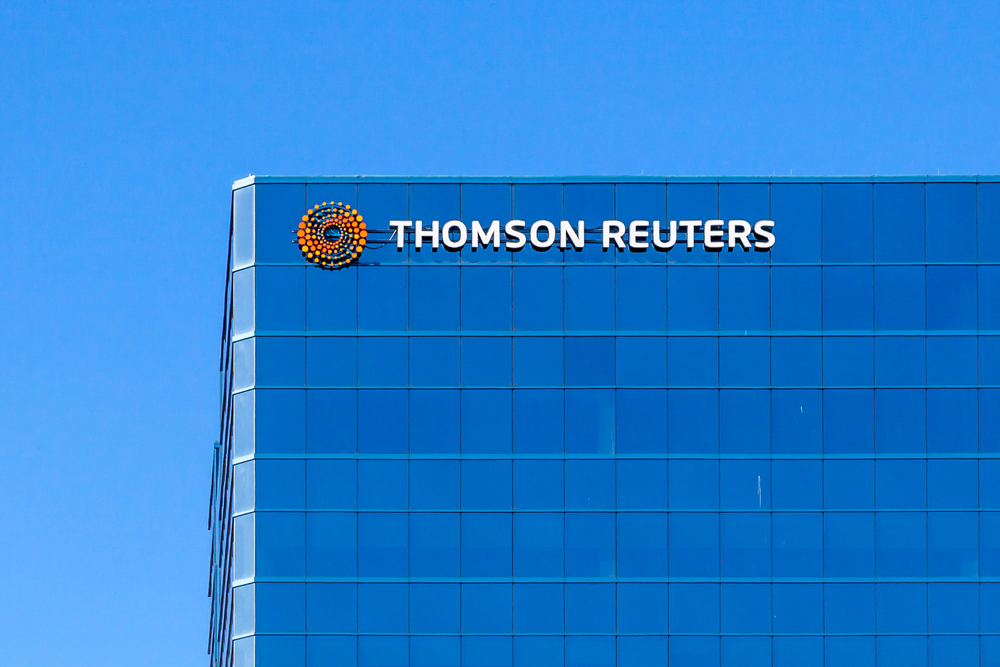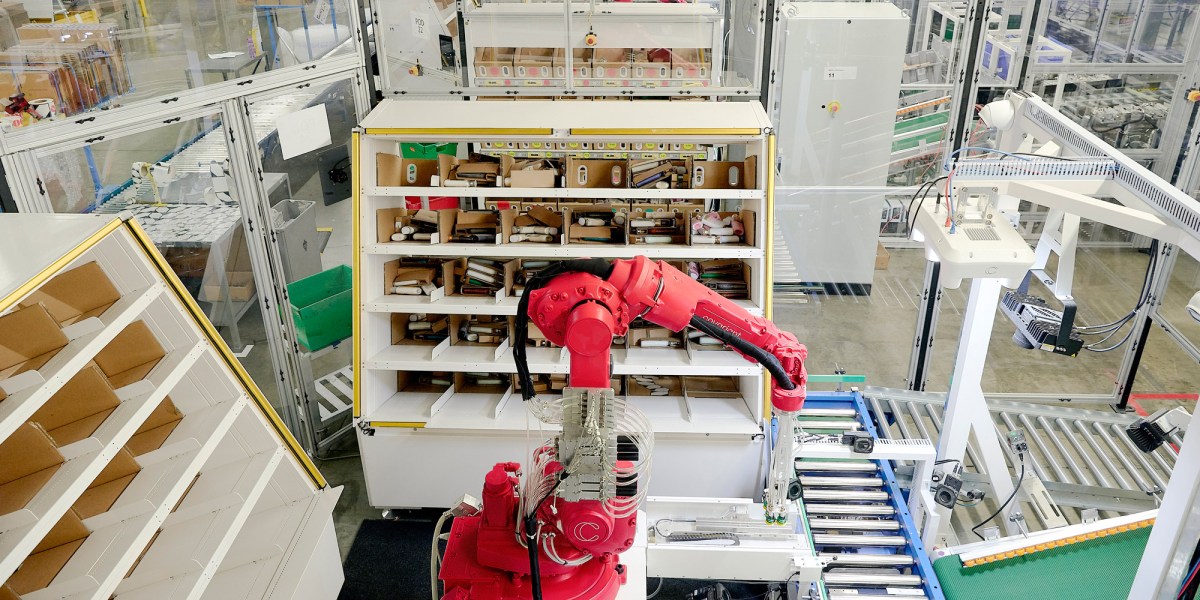Thomson Reuters is reportedly looking to invest approximately $8 billion in the artificial intelligence (AI) sector.
CEO Steve Hasker, in an interview with the Financial Times on Monday (March 11), mentioned that the company is gearing up to divest its remaining shares in the London Stock Exchange Group (LSEG). He highlighted that the substantial cash reserves of around $8 billion have been amassed through the robust cash flow of their current operations, a well-managed balance sheet with minimal leverage, and the divestment of their LSEG holdings.
Moreover, the company plans to allocate over $100 million annually towards developing bespoke AI solutions tailored for clients in the legal and accounting domains.
According to the FT, Thomson Reuters underwent a strategic shift from being solely a content provider to becoming a “content-driven” software enterprise over a two-year period, culminating last year. Hasker noted the emergence of generative AI (GenAI) shortly thereafter, presenting users with fresh avenues for transformation.
While acknowledging AI as a significant growth driver for Thomson Reuters, Hasker expressed uncertainty about how AI adoption might influence user spending behaviors.
In a move to empower legal professionals, Thomson Reuters introduced various GenAI initiatives in November, enhancing tools on the Westlaw Precision platform with AI-Assisted Research capabilities. This integration enables legal experts to swiftly access answers to intricate research queries.
Despite the potential for GenAI to revolutionize productivity in the legal realm, skepticism persists among a sizable portion of industry participants regarding its preparedness for widespread adoption, as highlighted by PYMNTS.
Approximately 72% of legal practitioners remain unconvinced about the industry’s readiness for AI, despite over 60% of law firms and corporate legal departments recognizing its substantial business advantages.
James Clough, the chief technology officer and co-founder of Robin AI, emphasized the collaborative nature of AI and legal professionals. He underscored that rather than supplanting lawyers entirely, AI will augment the capabilities of legal practitioners. Clough illustrated this symbiotic relationship by likening AI to a co-pilot, emphasizing that the ultimate control and decision-making authority still reside with the human “captain.” This partnership model advocates for viewing AI as a supportive tool rather than a replacement for human expertise.










